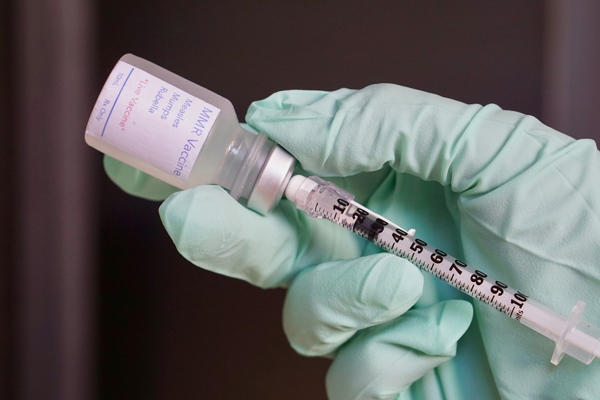Vaccinations have revolutionized the field of medicine and have played a crucial role in preventing infectious diseases. The development of vaccinations has saved millions of lives across the globe and has eradicated several deadly diseases. Vaccinations have been successful in controlling the spread of infectious diseases and have significantly reduced the burden on healthcare systems.
What are Vaccinations?

Vaccinations are preventive measures that are designed to provide immunity against infectious diseases. They contain a small amount of the disease-causing agent or a part of it, which triggers the immune system to produce antibodies. These antibodies provide immunity against the disease, making the individual less susceptible to infection. Vaccinations are available for several infectious diseases, including measles, polio, hepatitis, and influenza, among others.
How do Vaccinations Work?
Vaccinations work by introducing a weakened or dead form of the disease-causing agent into the body. This triggers the immune system to produce antibodies that can fight off the disease. When the individual is exposed to the actual disease-causing agent, the immune system recognizes it and produces the necessary antibodies to fight off the infection. This process provides immunity against the disease and prevents the individual from contracting it in the future.
The Importance of Vaccinations

Vaccinations are crucial in preventing the spread of infectious diseases. They not only protect the individual receiving the vaccination but also those around them. Vaccinations create herd immunity, which means that a significant portion of the population is immune to the disease, making it difficult for the disease to spread. This is especially important for individuals who cannot receive vaccinations due to medical conditions.
Vaccinations have been successful in eradicating several deadly infections, such as smallpox, and have significantly reduced the incidence of other diseases, such as polio and measles. Vaccinations have also played a crucial role in preventing epidemics and pandemics, such as the recent COVID-19 pandemic.
The Risks of Not Vaccinating
The risks of not vaccinating are significant. Individuals who are not vaccinated are more susceptible to infectious diseases and can spread them to others. This can lead to outbreaks and epidemics, which can be deadly, especially for vulnerable populations such as children, the elderly, and individuals with compromised immune systems. Not vaccinating also puts the healthcare system under significant strain, as it increases the burden of treating infectious diseases.
Vaccinations are a crucial tool in preventing infectious diseases. They have saved millions of lives and have played a crucial role in eradicating deadly diseases. The risks of not vaccinating are significant and can lead to outbreaks, epidemics, and increased burden on healthcare systems. It is important to understand the importance of vaccinations and to ensure that individuals receive the necessary vaccinations to protect themselves and those around them.

